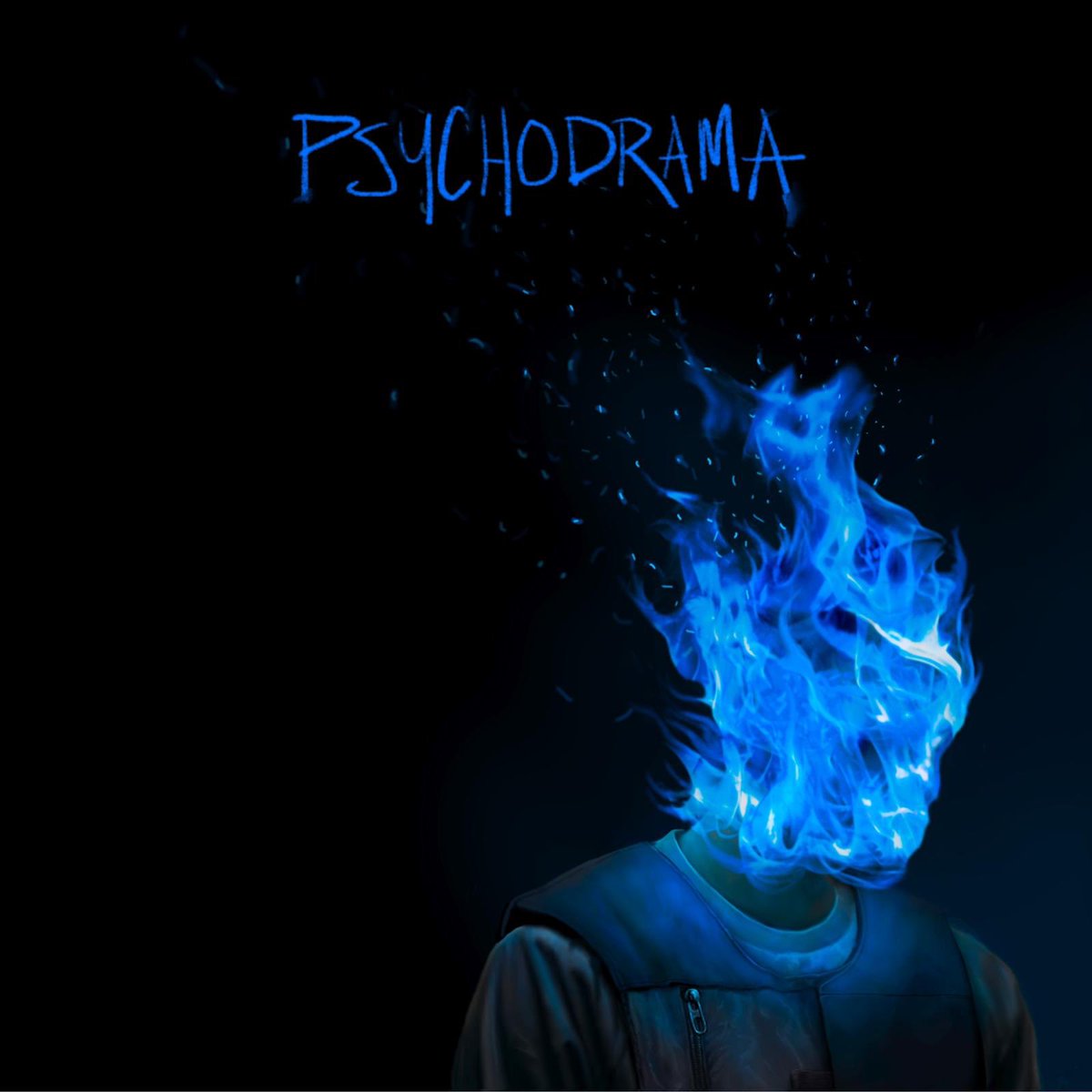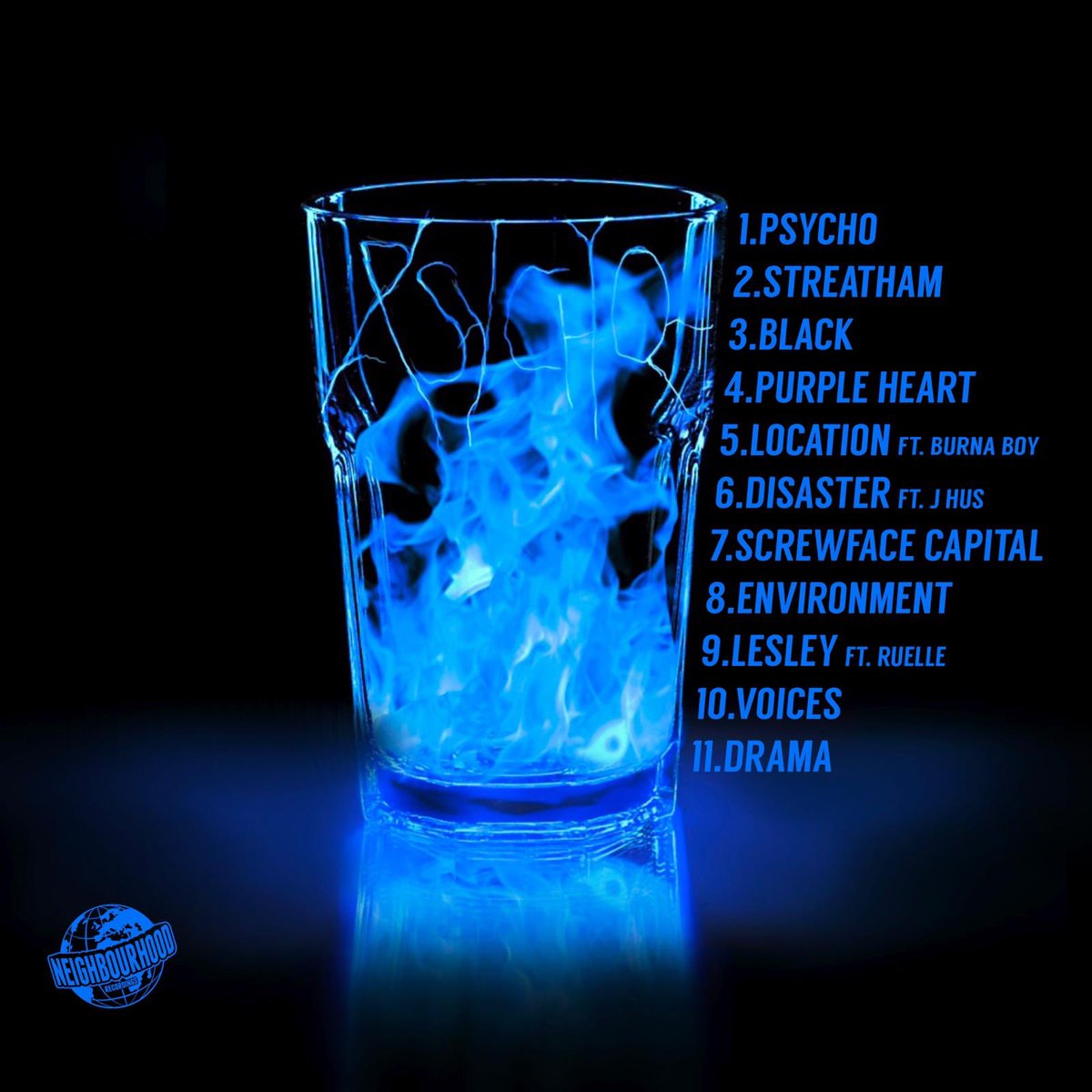[@Z_Chibs] Late Impressions: [@SantanDave1] – Psychodrama
![[@Z_Chibs] Late Impressions: [@SantanDave1] – Psychodrama](https://guap.co.uk/wp-content/uploads/2019/03/dave-number-1-album-180x180.jpg)
Nearly 2 weeks on, numerous reviews later, and after charting at number one album in the country – here are some observations about Psychodrama.
The first thing to touch on is just how well Psychodrama has done commercially. Dave went number one, not just in the rap charts but in the legitimate Official UK Top 40 Album charts. He beat some formidable names and deserves supreme credit as I don’t think I’ve seen a UK rapper go number one on the Top 40 charts, let alone a debut album from a 20 year old.
His age would have someone unfamiliar to him thinking he was ‘just another rapper’. Fans, like myself, know this couldn’t be further from the truth. Dave has wisdom beyond his years and what seems like a genuine love for self-education and learning – and this is what he displays on Psychodrama. We get topics like black identity, suicide, domestic abuse, mental health, limited income environments, and that’s just scratching the surface.
Psychodrama starts off with ‘Psycho’ and ends with ‘Drama’, and by the time you get through to ‘Drama’, it feels like things have come full circle. Yet it is on ‘Psycho’ that Dave chooses to lead with the topic of mental health. Mental health has seemed like an industry buzzword of recent, but the fact of the matter is that all industries need to do better in supporting those with mental health issues. Testament to this is ex-professional football player and successful reality star Mike Thalassitis recently passing, committing suicide just months after the passing of his best friend and having gone to therapy. Dave, much like Stormzy before him, has addressed mental health before but on ‘Psycho’ he really gets into it and even has a message on suicide:
“If you’re thinking ‘bout doing it/ Suicide doesn’t stop the pain, you’re only moving it/Lives that you’re ruining/ Thoughts of a world without you in it, hiding/ I ain’t psycho but my life is”
This is how he closes out track one. He forces us not only have engaged with all of the content surrounding mental health and leaves us all with that lingering thought on suicide. Suicide is not a solution, and it’s great to have prominent figures with a wide and captivated audience speaking out on it in a non-condescending way. Dave’s message here isn’t anything other than a reminder to anyone who’s thought about suicide as being a solution to their problems, that it isn’t and it can have a lasting effect on those around you.
But suicide is not the only difficult topic Dave tackles on Psychodrama. ‘Lesley’ is a track that for some reason divided audiences. In my own group chat I had someone say that it promoted the narrative surrounding toxic masculinity, largely down to the single line:
“Men try and twist it, make it seem like it’s your fault”
Personally, I think that line is important. Whilst the issue of domestic abuse is by no means a discussion of men always being the aggressor and women always being the victim, statistically, it usually works this way. So for Dave to speak out on Psychodrama and address the fact that in abusive situations abusers try to place blame on victims was absolutely necessary. To think Dave was painting all men as toxic and supporting the narrative of abuse is fundamentally naïve. ‘Lesley’ is an 11-minute storytelling masterpiece that really could have gone on longer narratively with no complaints. Tie in the fact that Dave drew on his own familial experiences to craft the narrative and the message of getting out of abusive relationships hits home even harder. The flip side of the discussion on ‘Lesley’ however was praise for covering a delicate subject without kid gloves but equally without being overly graphic in a way that could have been interpreted to glamorise it. Domestic abuse happens, therefore we should expect people to speak about it. The fact it came from a rapper, who is in an industry heavily criticised for misogyny makes ‘Lesley’ a poignant example of what our industry can do in terms of really opening up a dialogue on difficult issues.
The last issue that I feel has to be spoken about is black identity. ‘Black’ was the lead single off of Psychodrama so it served as a taster of what was to come, and what a taster it was. The subject matter is personal to me of course, but it was a message I hadn’t heard echoed this strongly in a song since Bashy’s ‘Black Boys’. Much like that track, ‘Black’ serves to empower black people as well as re-instil a sense of pride in our skin.
This was, of course, met with criticism from the wider public. When prominent BBC DJ’s like Annie Mac played it on daytime radio, the public flooded in with backlash saying that the track was racist. There are so many reasons why the assumption that a black artist releasing a song called ‘Black’ being racist is stupid, but that surface level of outrage served to show people were not taking in the content. Had they listened they would have heard not a single word of the track that was degrading to any race, or even anything that was untrue.
The celebration of black skin is incredibly important, the celebration of the diversity of what being black is was even more important. This is before even getting into the colourism side of things which again has been perpetuated by the media that lighter is more beautiful or more acceptable. With media narratives on blackness seeping into public consciousness to the point even in a work environment a colleague, let alone dealing with a non-black friend a person’s blackness can be questioned. This is one of the most insane things that happens much too frequently in a society that wants to say that racism is over. This alongside the backlash to ‘Black’ and it shows that blackness is something that is being policed even if it manifests on an unconscious level most of the time.
‘Black’ challenges this by explaining that although black is a homogenous term that unites large groups of people to have a shared sense of identity, the reality is that every single black person makes up that identity and there is no one set way to be black. ‘Black’ is a call to all black people to relax and feel comfortable in themselves enough to no longer seek to appeal to those that have a set view on being black. Being black is permanent, unchangeable, and natural – don’t let anyone try to make you uncomfortable by questioning your blackness or what you are because your blackness is something nobody can take away from you, quantify, or define.
“Look, black is beautiful, black is excellent/ Black is pain, black is joy, black is evident”
#3JHus a million more times than Mo Stack said it because ‘Disaster’. There’s not much to really say about ‘Disaster’ other than the only disaster is that J Hus is in jail so he and Dave can’t currently make any more songs together. ‘Samantha’ was the pairs first joint venture and that was a banger. ‘Disaster’ only carried on this truly organic partnership between two of our youngest but most musically minded talents. The chemistry is unrivalled and I don’t think the pair are capable of making a bad song. The song for me has the most replay value on the album just on a purely sonic and enjoyment level, without having to wrap your head around any lyrical content that is too heavily message baring. Free Hus! But also quick shout out to ‘Location’ here as well which is probably the most club friendly record on Psychodrama.
Beyond this personal touches such as including skits from his brother in jail and just sharing what are likely very sensitive issues made Psychodrama leave a lasting impact. As a debut album, it was a brilliant offering. Insightful, witty, captivating, and most importantly sounded extremely good. As a fan there’s not much more we could have really asked from Dave. Psychodrama was his first album and I’m already eagerly anticipating whatever’s next. Check out the album above, or catch Dave on his Psychodrama tour at the dates below.




